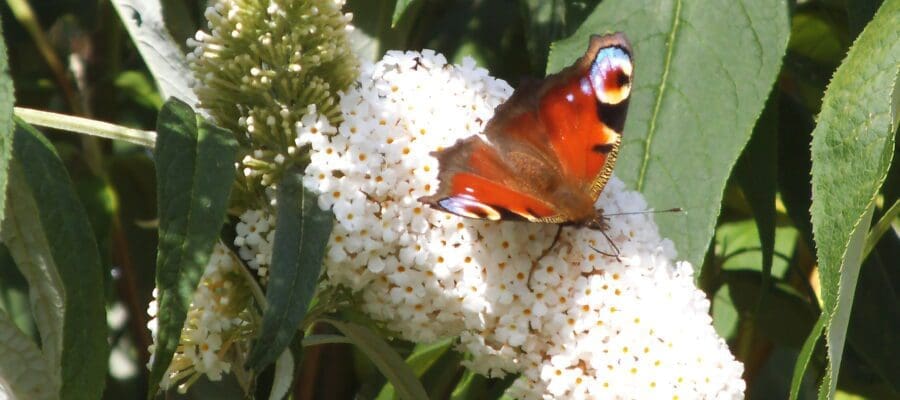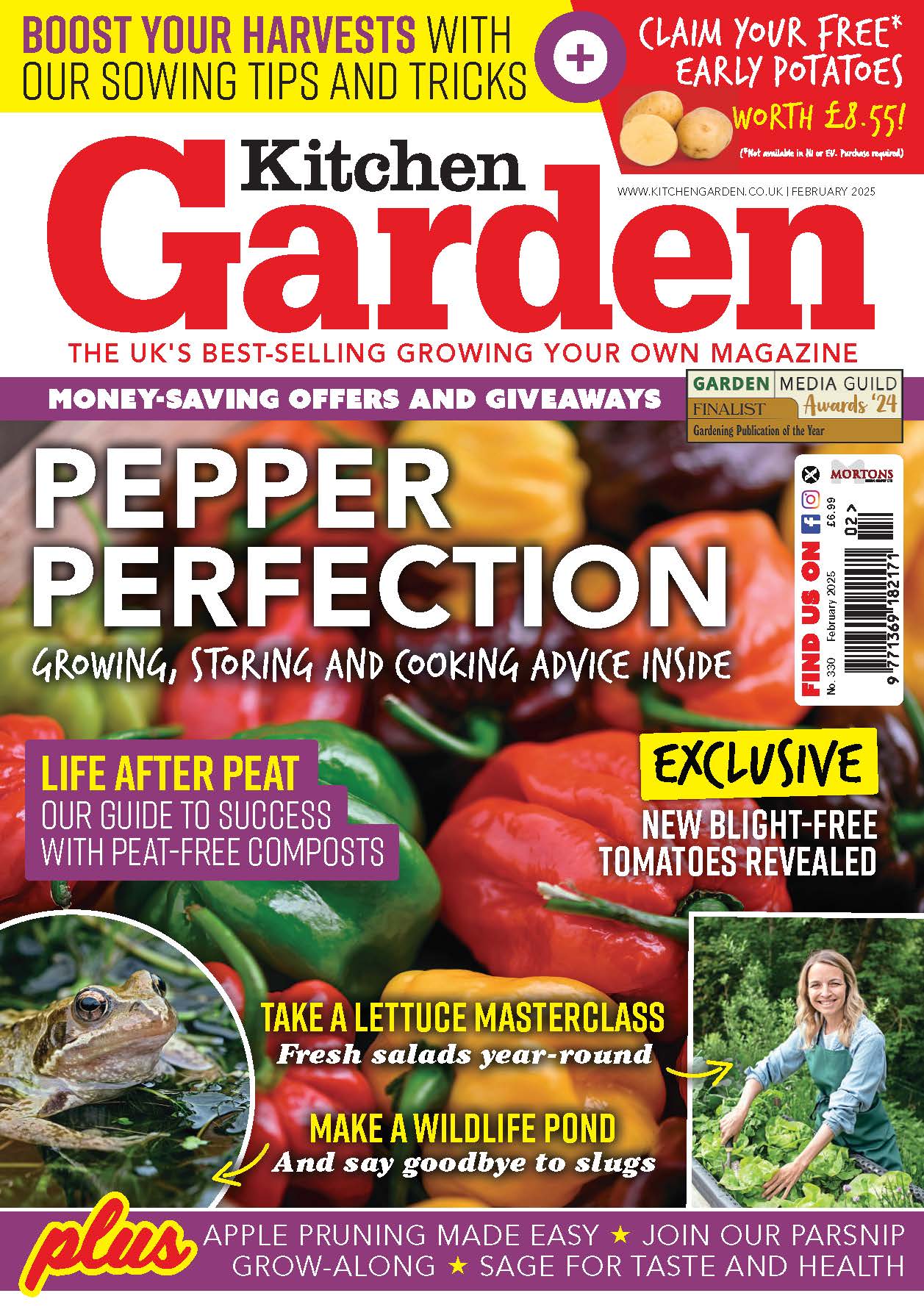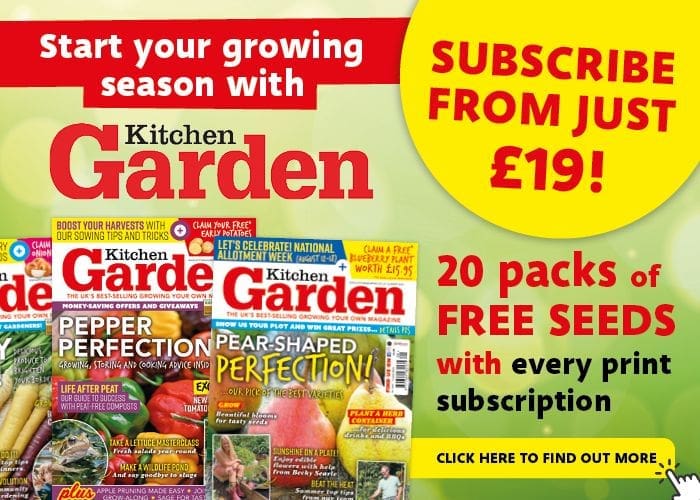Actively attracting insects, worms and birds to our gardens and pots can help save the planet
Gardeners at a national horticultural charity are encouraging us to attract wildlife into our gardens to help prevent irreversible extinctions and save the planet this ‘Organic September’.
Leaders at Garden Organic say that without a collective effort to halt a worrying decline in wildlife, vital natural ecosystems face catastrophic collapse.
Many visitors to your garden play a vital role in everything from natural pest control to soil health and pollination of fruits and vegetables we eat every day.
The charity is backing the Organic Trade Board’s Organic September campaign, highlighting why bringing more insects, birds and frogs back into our gardens should be the next big focus for climate conscious Britons who want to do their bit to protect the planet.
Emma O’Neill, Head Gardener at Garden Organic, said; “We’re on a mission to shine a spotlight on the benefits of ‘re-wilding’ our gardens and outdoor spaces, because thriving wildlife is key to a healthy, functioning planet. Currently, our high use of chemicals and pesticides has been linked to the decline in a number of treasured garden visitors including hedgehogs and bees.
“By choosing organic and sustainable growing methods, we can create havens for wildlife which play vital roles in the ecosystems we rely on in so many aspects of society and humankind.
“We should be encouraging earthworms, birds, frogs, ladybirds and other insects to our gardens to maintain healthy soil, naturally control pest levels and ensure other animals don’t starve. That’s why our team here is getting behind the Organic Trade Board’s Organic September campaign, which encourages us all to make planet-positive decisions. The theme is ‘Nature has the answer’ and ‘the answer is organic’, which underpins our ethos at Garden Organic.”
As part of Organic September, Emma O’Neill shares some top tips on which wildlife we should be inviting into our gardens and why.
1. Look after your earthworms
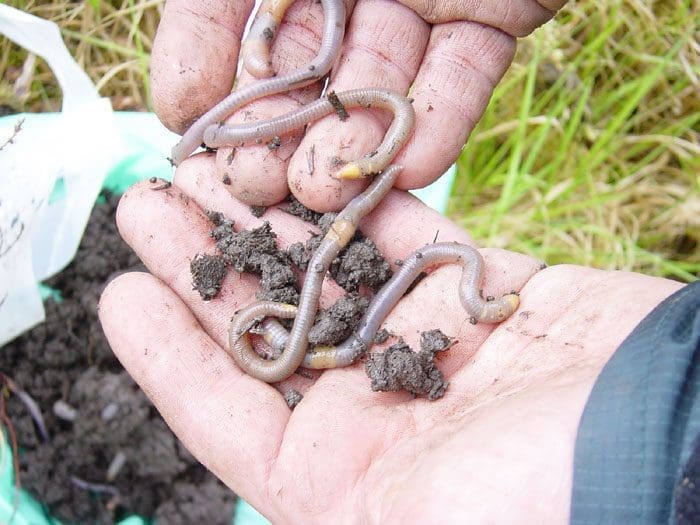
The secret to successful organic growing is to look after your soil, and earthworms are a great ally in this task. They will not only improve your soil structure by creating spaces to allow air and moisture to travel through, but they will munch through any organic matter, breaking it down, so it gets mixed into the soil. This provides those vital nutrients for plant roots to take up.
To bring worms into your soil create ideal conditions by adding plenty of home-made compost or rotting leaves. Putting a layer on top is fine, as the worms will pull it down into the soil and get munching. And if you are a champion compost maker, you will find hundreds of worms beavering away in the heap – munching and mulching all the rotting vegetation.
2. Choose plants which attract beneficial insects
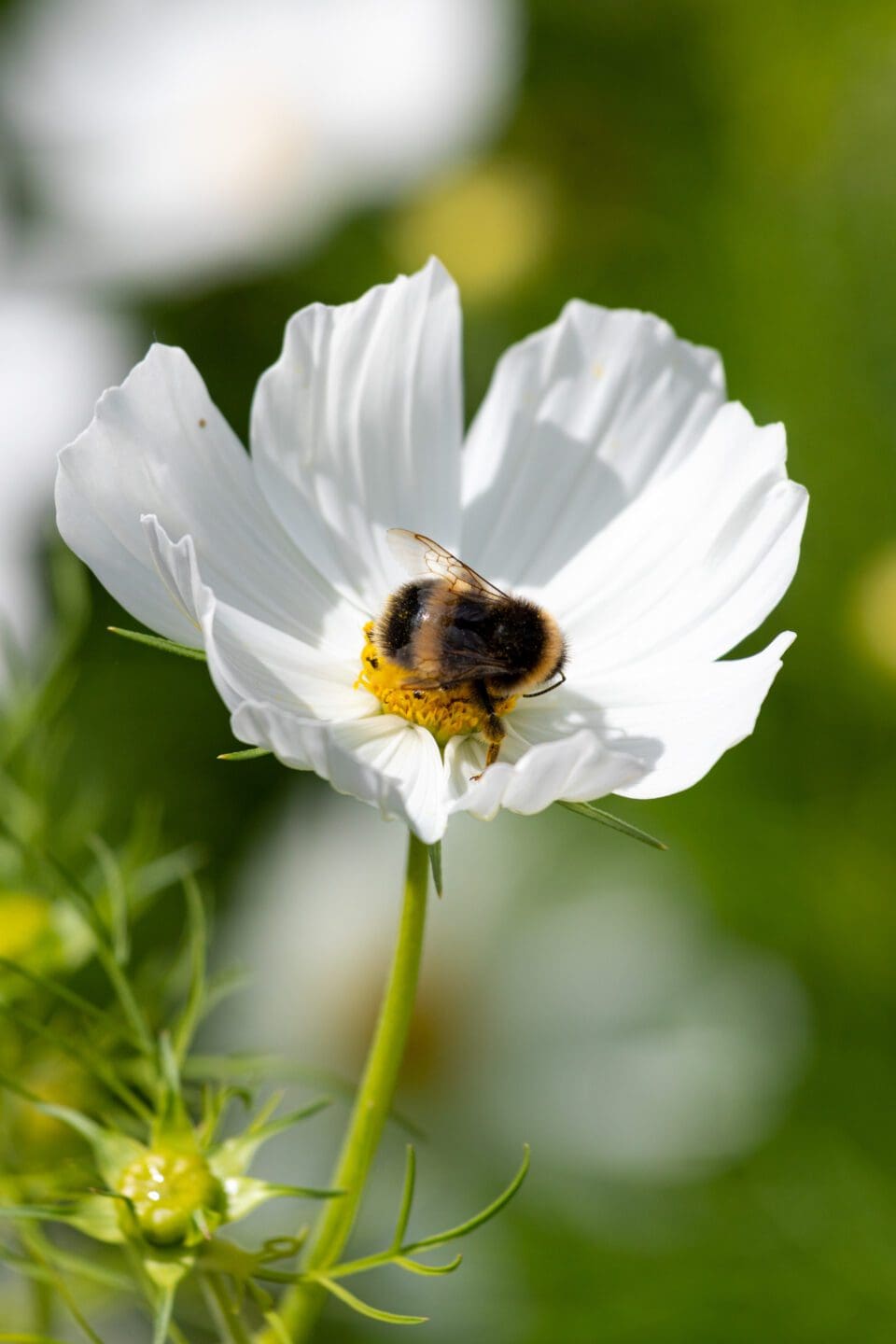
Plants need to pollinate to set fruit and seed. Without pollination, we would have no apples, courgettes and tomatoes – in fact nearly all fruit, veg and flowers would go extinct. It’s a scary thought. This is why we need our insect friends. Bees, butterflies, hoverflies – even wasps, will all help transfer pollen from one flower to another, thus helping the reproduction process.
How do you bring pollinators into your organic plot? First, you need a mix of flowers, which will in turn bring in a mix of beneficial insects. Hoverflies, for instance, love fennel, coriander and yarrow; butterflies love nettles and buddleia; bees make a beeline for lavender, marjoram and comfrey. Try mixing veg such as tomatoes and strawberries in with the flowers in your hanging baskets.
You don’t need a big space for this – you can attract insects to your pots too. But above all, don’t spray! You may think you are targeting an aphid, but insecticides are indiscriminate. And that aphid is food for a ladybird or bird feeding its young.
3. Create shelter for birds
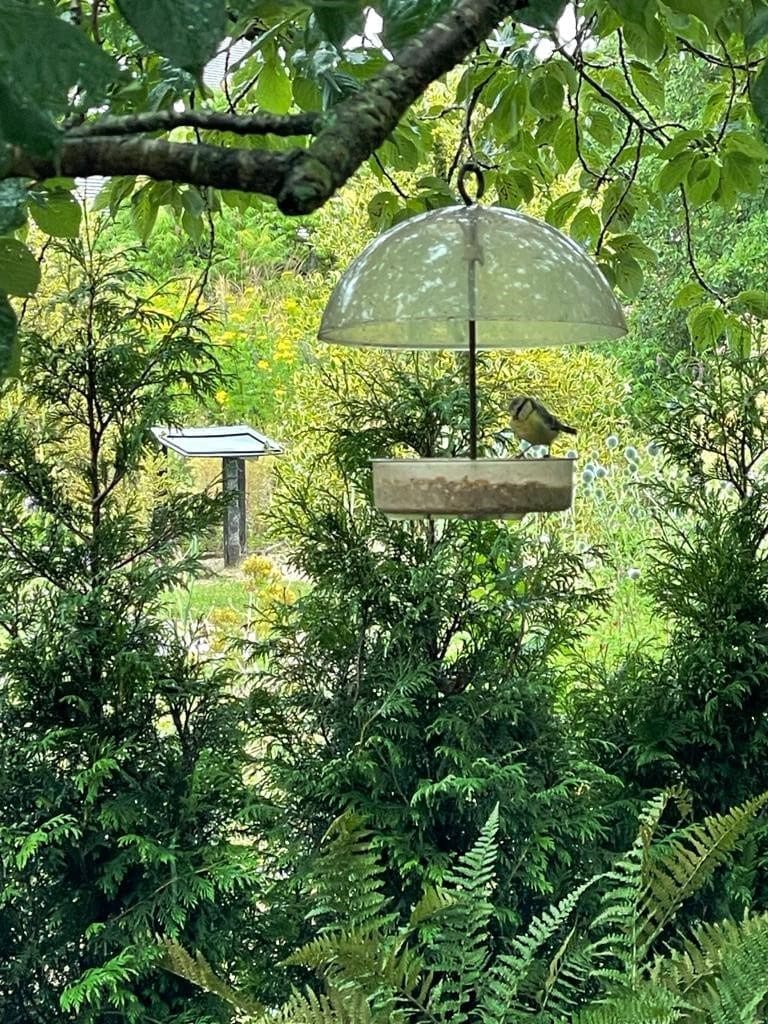
Birds aren’t only a joy to watch and listen to, they are essential to the natural world. They can pollinate plants, spread seeds and control pests – a family of blue tits can eat 100,000 green flies a year! So, we want them in our gardens.
Attract them by giving them shelter. If you have room, plant shrubs, a hedge or a small tree. These provide blossom, to bring insects and berries for birds to eat, but above all they give cover and protection for nests.
4. Ladybird friendly planting
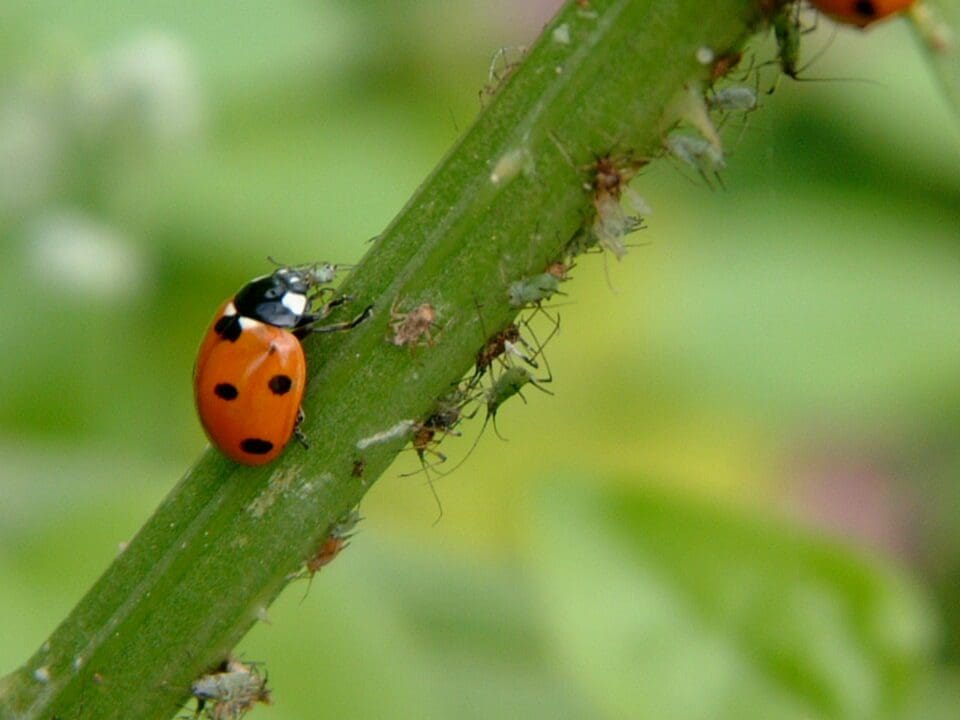
Anyone interested in organic gardening should love ladybirds. These endearing little beetles are carnivores, feeding almost exclusively on aphids and red spider mites. Ladybirds lay hundreds of eggs. When they hatch, the larvae will eat up to 5,000 aphids before metamorphosing into the distinctive red or orange spotted adults.
To create ladybird havens, grow plants like yarrow, alyssum, penstemon, fennel, and tansy.
5. Create a mini-pond
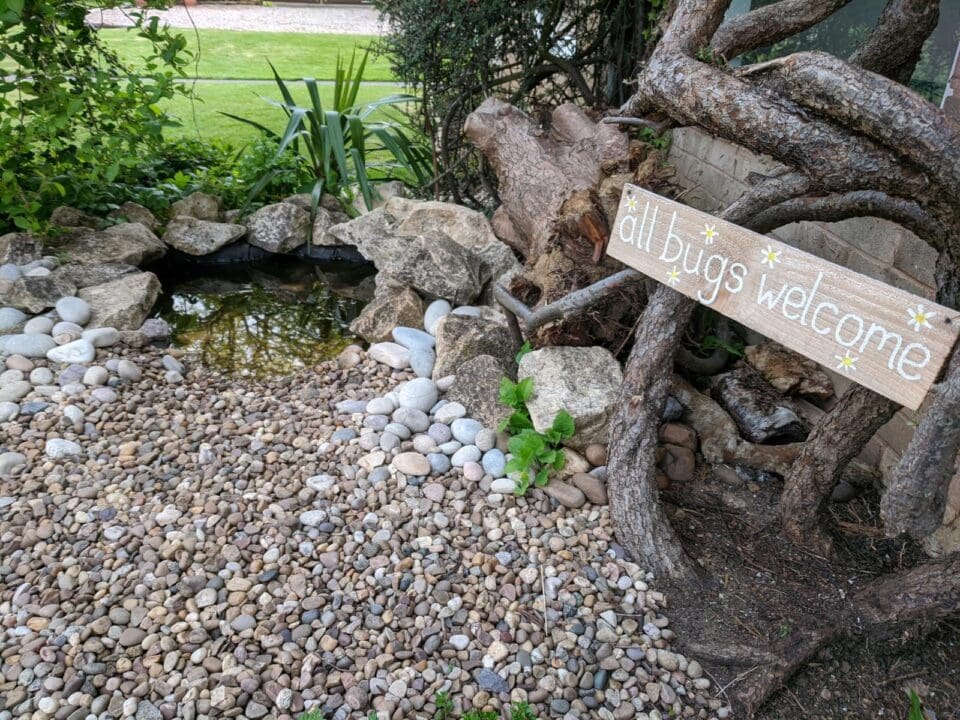
You may not want to kiss one to find your prince, but you should welcome a frog into your growing space. Why? Because they are champion slug and snail eaters.
To attract frogs, you obviously need water. You may be picturing a substantial water feature with lily pads, but a wildlife-friendly pond can literally be one metre2. You can dig a hole and line it, find an old tank, or buy a pre-formed container. Fill it with rain water, and watch the wildlife thrive. Even if frogs don’t come a-hopping, you will attract birds, beautiful insects and an array of water loving plants.
Emma concludes; “The choices we make in our gardening can make or break ecosystems – we must look to nature for the answer.
“If enough of us make the shift towards organic gardening methods and attracting beneficial wildlife, the collective environmental impact will be huge. Organic September is a great time to make some wildlife-friendly changes, as these fantastic creatures need more help with food and shelter during the autumn and winter months. So, re-wild and watch as nature thrives in your back yard.”
The Organic September campaign is highlighting the benefits of choosing organic which include supporting wildlife, helping to combat climate change, high standards of animal welfare, less exposure to pesticides and enjoying food as it should be.
For more tips and information about the benefits of organic gardening visit
https://www.gardenorganic.org.uk

